Category: fusion

Competitive ligand-binding assay to detect neutralizing antibodies
A aggressive ligand-binding assay to detect neutralizing antibodies to a bispecific drug utilizing a used multiplex Meso Scale Discovery platform Background: Monitoring look of neutralizing antibodies (NAbs) to multidomain giant molecule medicine is a difficult process. Supplies & strategies: Right here, we report improvement of a aggressive ligand-binding assay for detection of NAbs to a bispecific candidate drug utilizing a used…
Read More
The efficiency of prostate-specific antigen density measurement using three different methods on the prediction of biochemical recurrence
Background: The purpose of this research was to guage the effectivity of prostate-specific antigen (PSA) density (PSAD) calculated by prostate quantity (PV) obtained through transrectal ultrasound (TRUS) and magnetic resonance imaging (MRI) and precise prostate weight (PW) strategies obtained through pathological analysis on the prediction of biochemical recurrence (BCR) within the follow-ups of sufferers who had undergone radical prostatectomy (RP).…
Read More
Developing a SARS-CoV-2 Antigen Test Using Engineered Affinity Proteins
The continued COVID-19 pandemic has clearly established how very important fast, extensively accessible diagnostic assessments are in controlling infectious ailments and the way tough and sluggish it’s to scale current applied sciences. Right here, we reveal the usage of the fast affinity pair identification through directed choice (RAPIDS) methodology to find a number of affinity…
Read More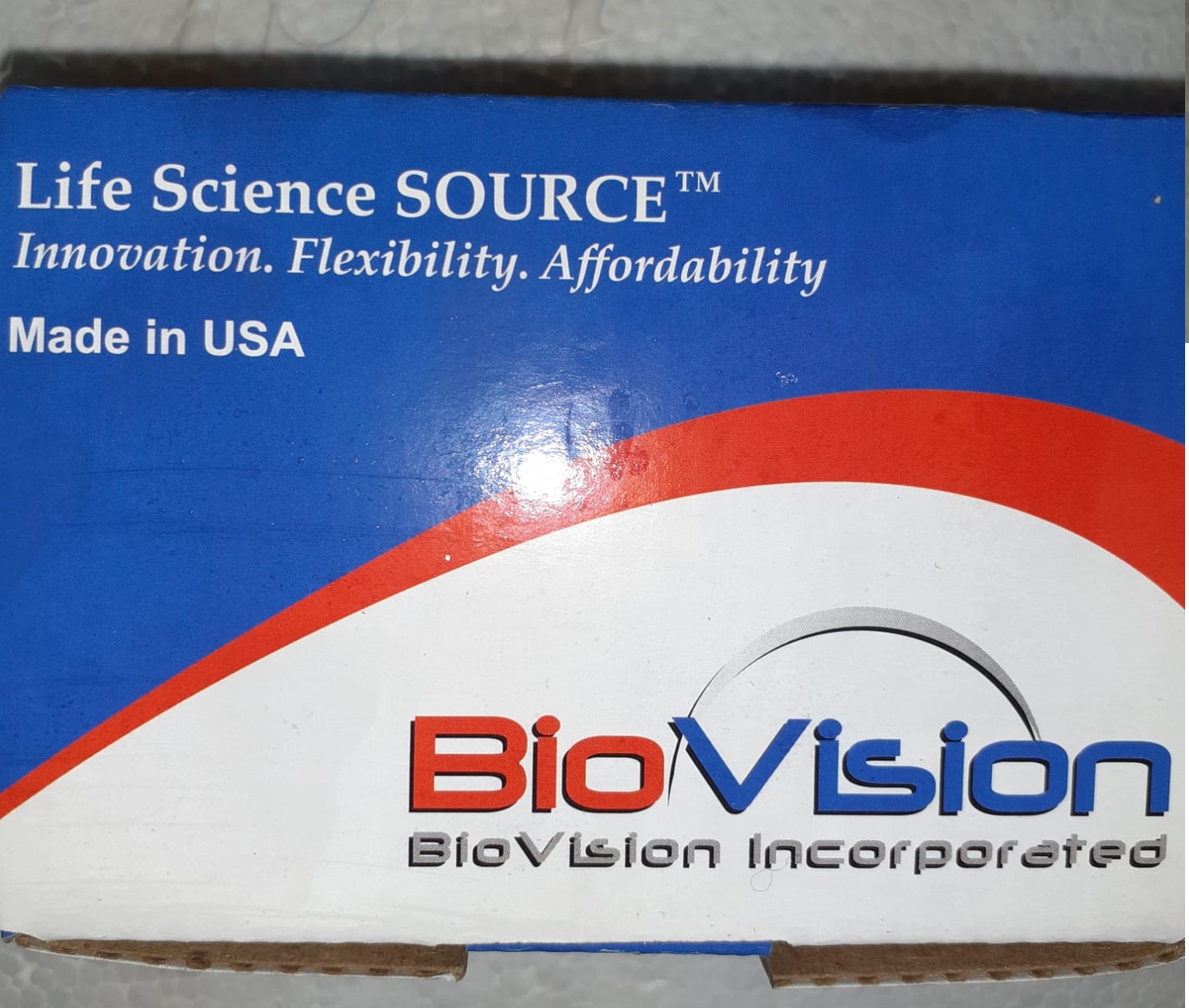
The diagnostic impact of UK regional variations in age-specific prostate-specific antigen guidelines
The perfect prostate most cancers diagnostic pathway would maximise detection of clinically-significant prostate most cancers (csPCa) whereas avoiding pointless biopsies and different investigations. The introduction of pre-biopsy MRI has completed a lot to help this aim. Nevertheless, referrals into the image-based diagnostic pathway nonetheless depends upon prostate-specific antigen (PSA) testing carried out in major care…
Read More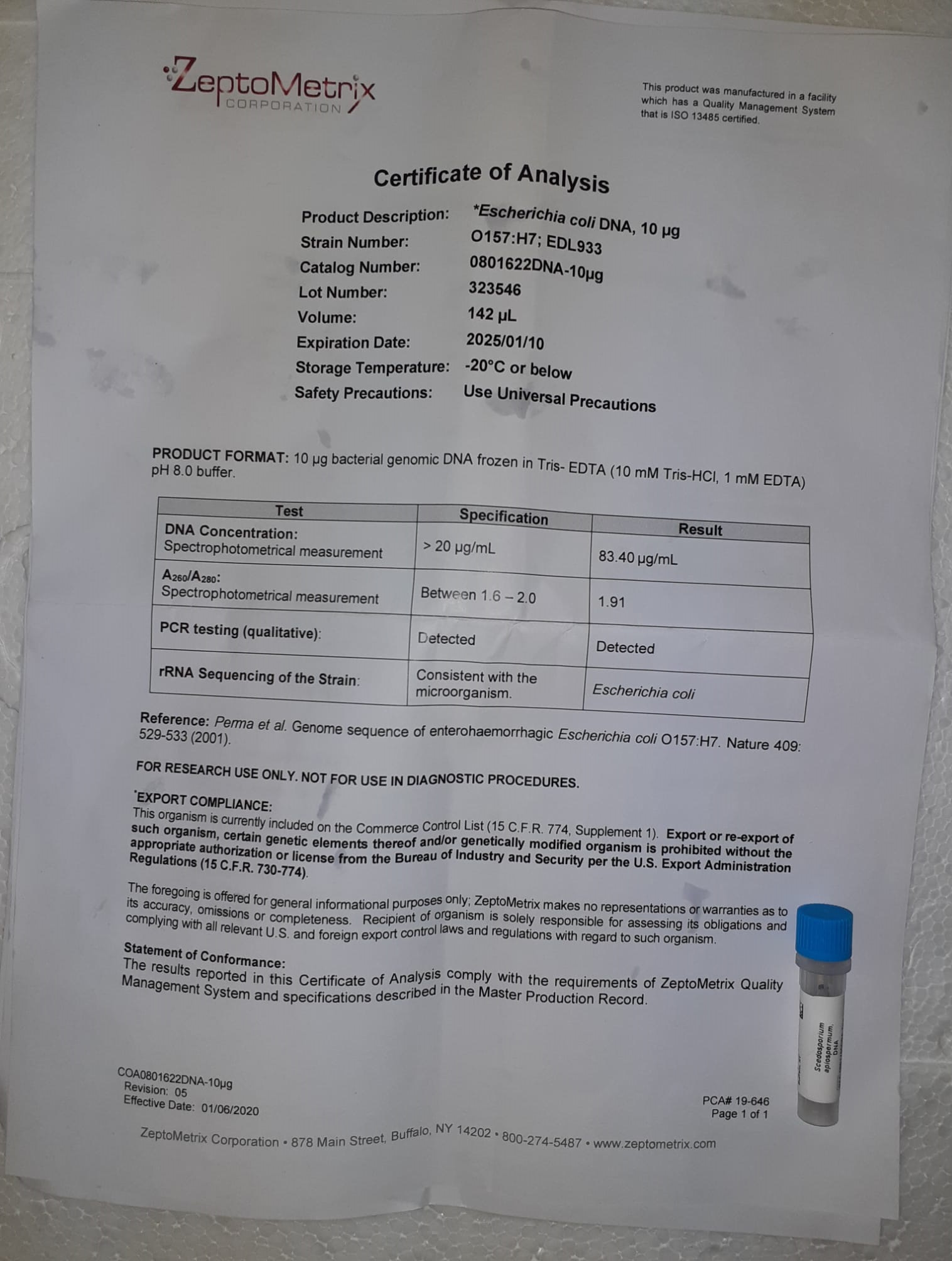
Integrating Prostate-specific Antigen Kinetics into Contemporary Predictive Nomograms of Salvage Radiotherapy After Radical Prostatectomy
Background: Salvage radiotherapy (SRT) is a longtime therapy for males with biochemical recurrence following radical prostatectomy (RP). There are a number of threat elements related to opposed outcomes; nevertheless, the worth of postoperative prostate-specific antigen (PSA) kinetics is much less clear within the ultrasensitive PSA period. Goal: To characterize the affect of PSA kinetics on outcomes following…
Read More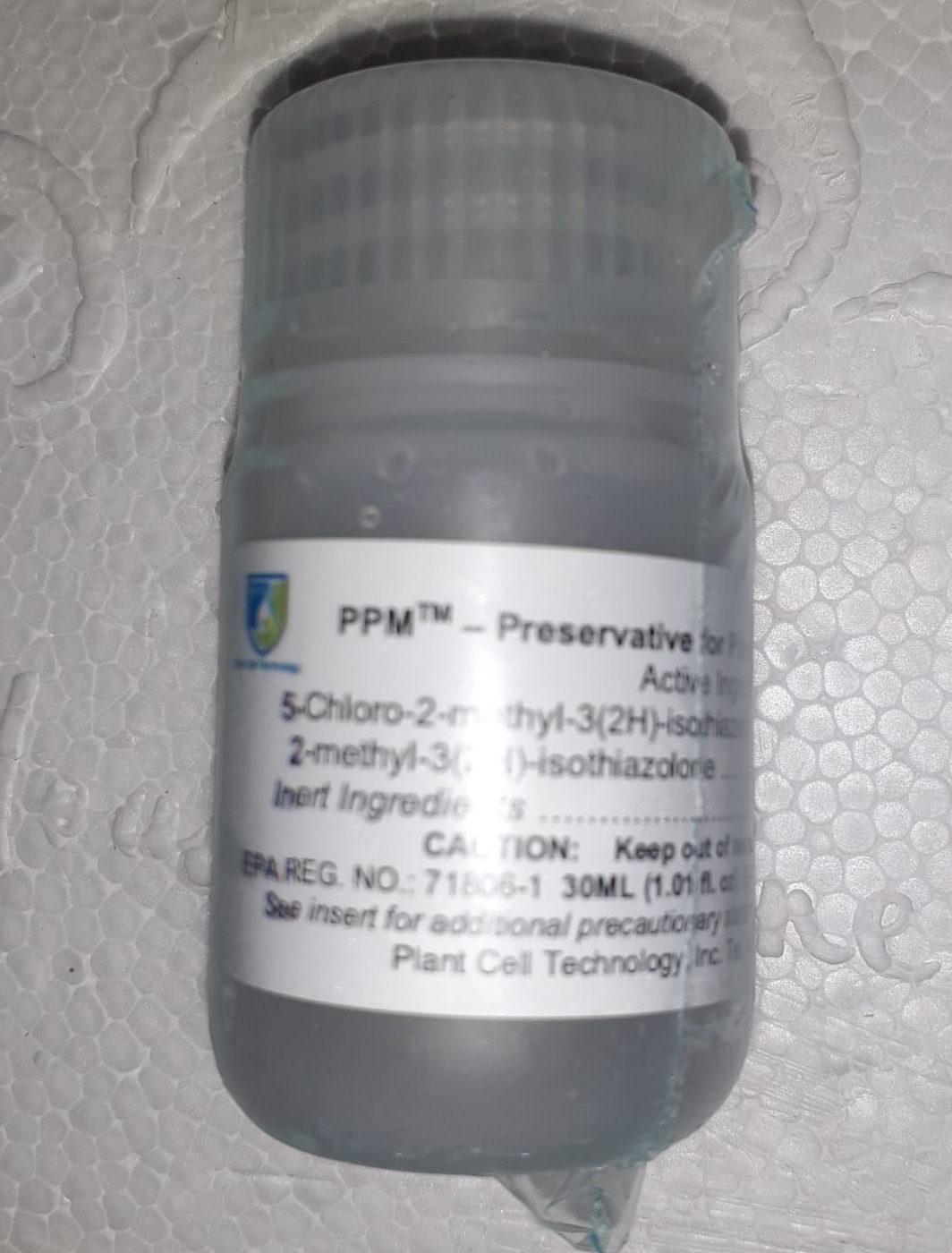
Infection Temperature Affects the Phenotype and Function of Chimeric Antigen Receptor T Cells Produced via Lentiviral Technology
Chimeric antigen receptor (CAR)-T cell remedy has change into an necessary methodology for the therapy of hematological tumors. Lentiviruses are generally used gene switch vectors for getting ready CAR-T cells, and the situations for getting ready CAR-T cells range significantly. This research reported for the primary time the affect of variations in an infection temperature…
Read More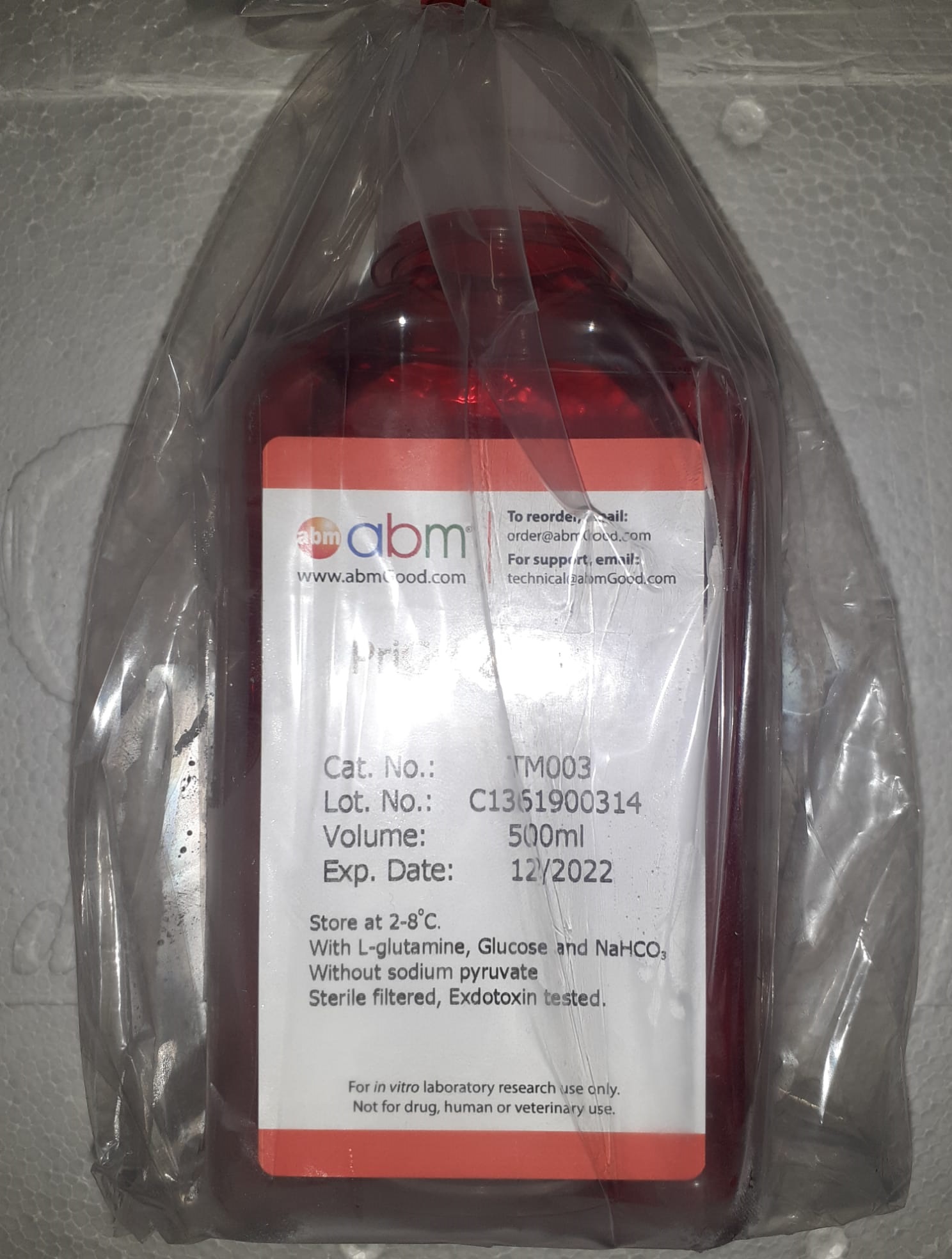
A framework for highly multiplexed dextramer mapping and prediction of T cell receptor sequences to antigen specificity
T cell receptor (TCR) antigen-specific recognition is important for the adaptive immune system. Nonetheless, constructing a TCR-antigen interplay map has been difficult because of the staggering range of TCRs and antigens. Accordingly, extremely multiplexed dextramer-TCR binding assays have been lately developed, however the utility of the following giant datasets is restricted by the dearth of…
Read More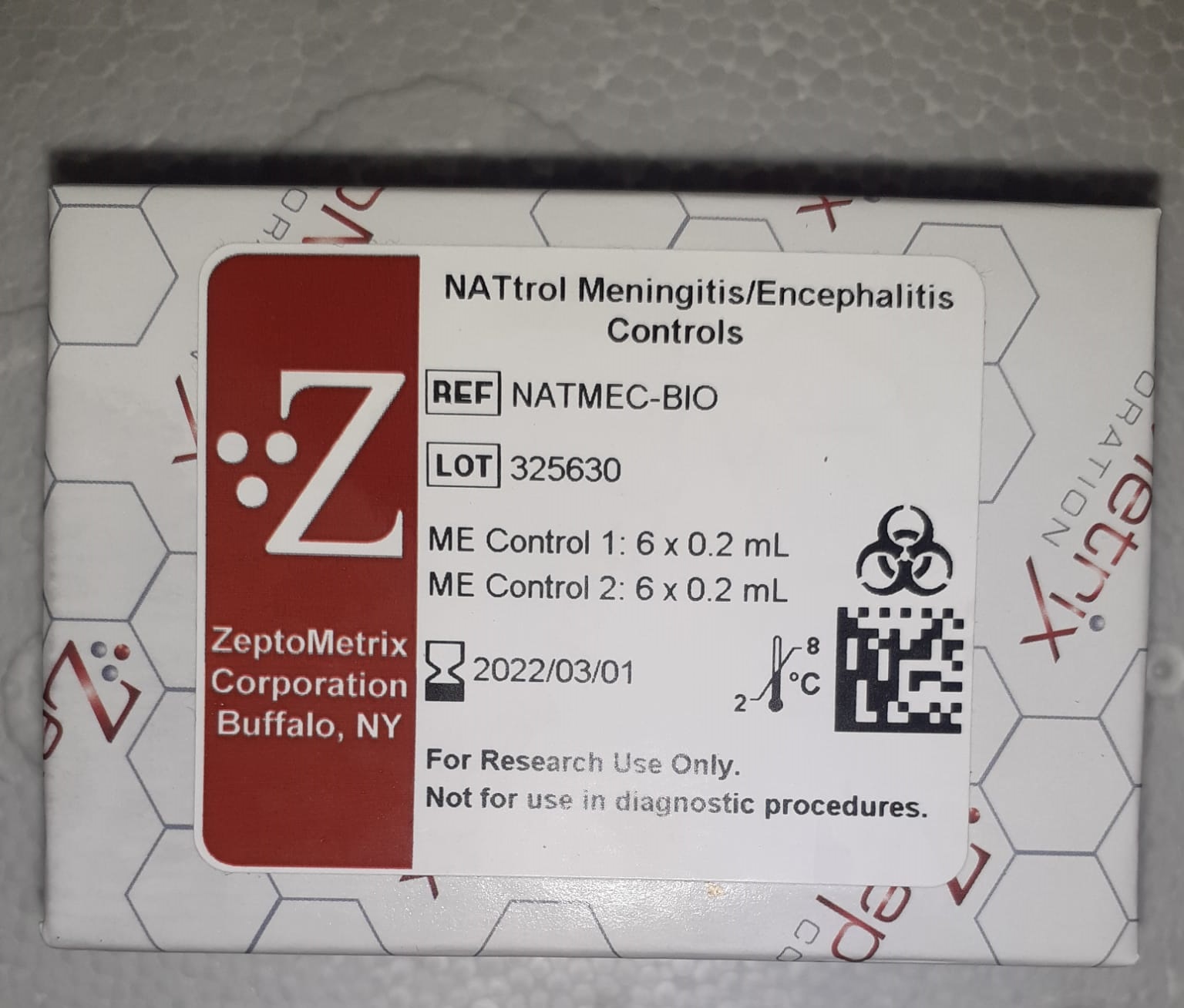
SARS-CoV-2 Antibody persistence in COVID-19 convalescent plasma donors: Dependency on assay format and applicability to serosurveillance
Background: Antibody response length following SARS-CoV-2 an infection tends to be variable and is dependent upon severity of illness and technique of detection. Research design and strategies: COVID-19 convalescent plasma (CCP) from 18 donors was collected longitudinally for a most of 63 – 129 days following decision of signs. All of the samples had been initially screened…
Read More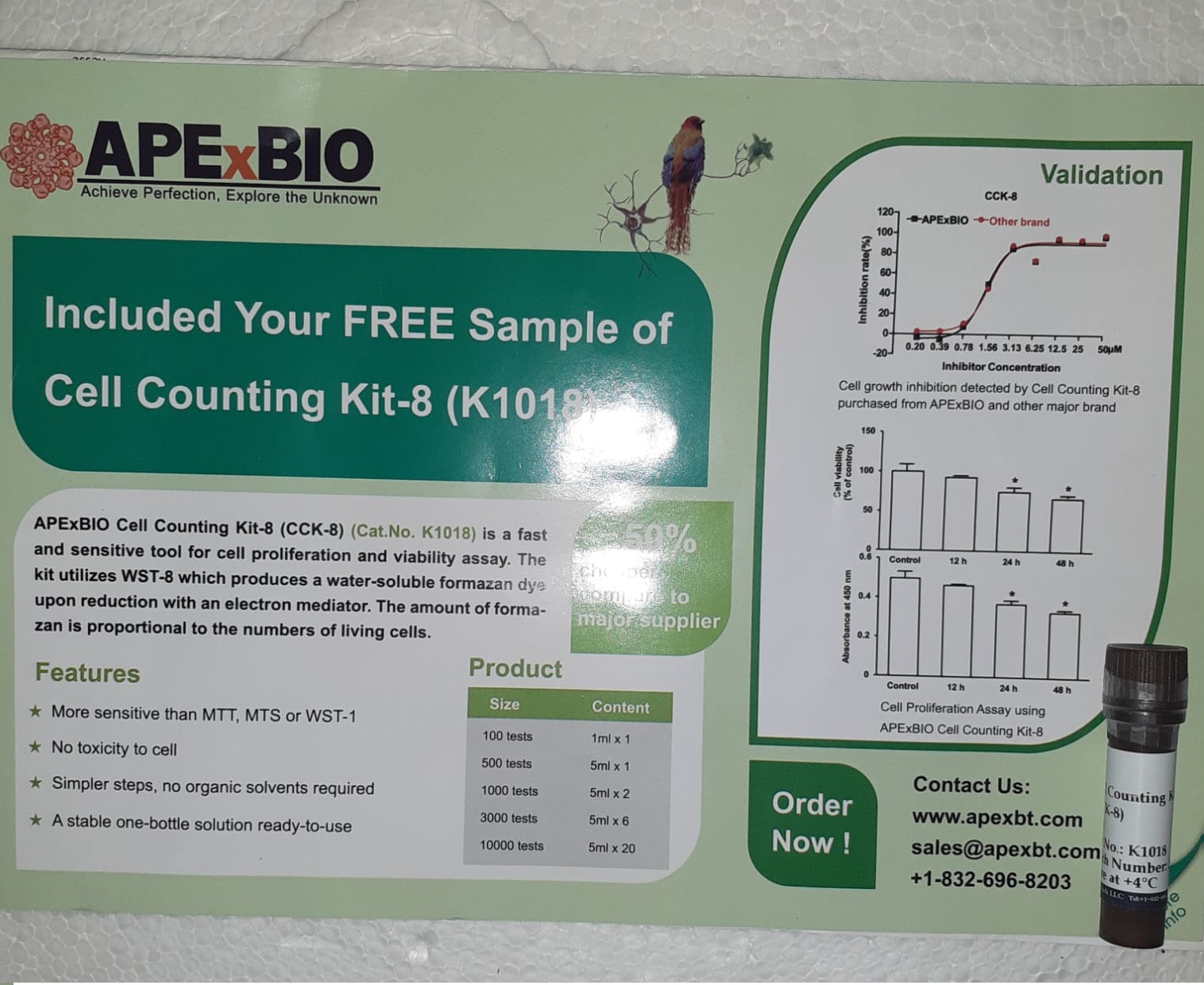
NOTCH3-targeted antibody drug conjugates regress tumors by inducing apoptosis in receptor cells and through transendocytosis into ligand cells
Aberrant NOTCH3 signaling and overexpression is oncogenic, related with most cancers stem cells and drug resistance, but therapeutic concentrating on stays elusive. Right here, we develop NOTCH3-targeted antibody drug conjugates (NOTCH3-ADCs) by bioconjugation of an auristatin microtubule inhibitor via a protease cleavable linker to 2 antibodies with differential skills to inhibit signaling. The signaling inhibitory…
Read More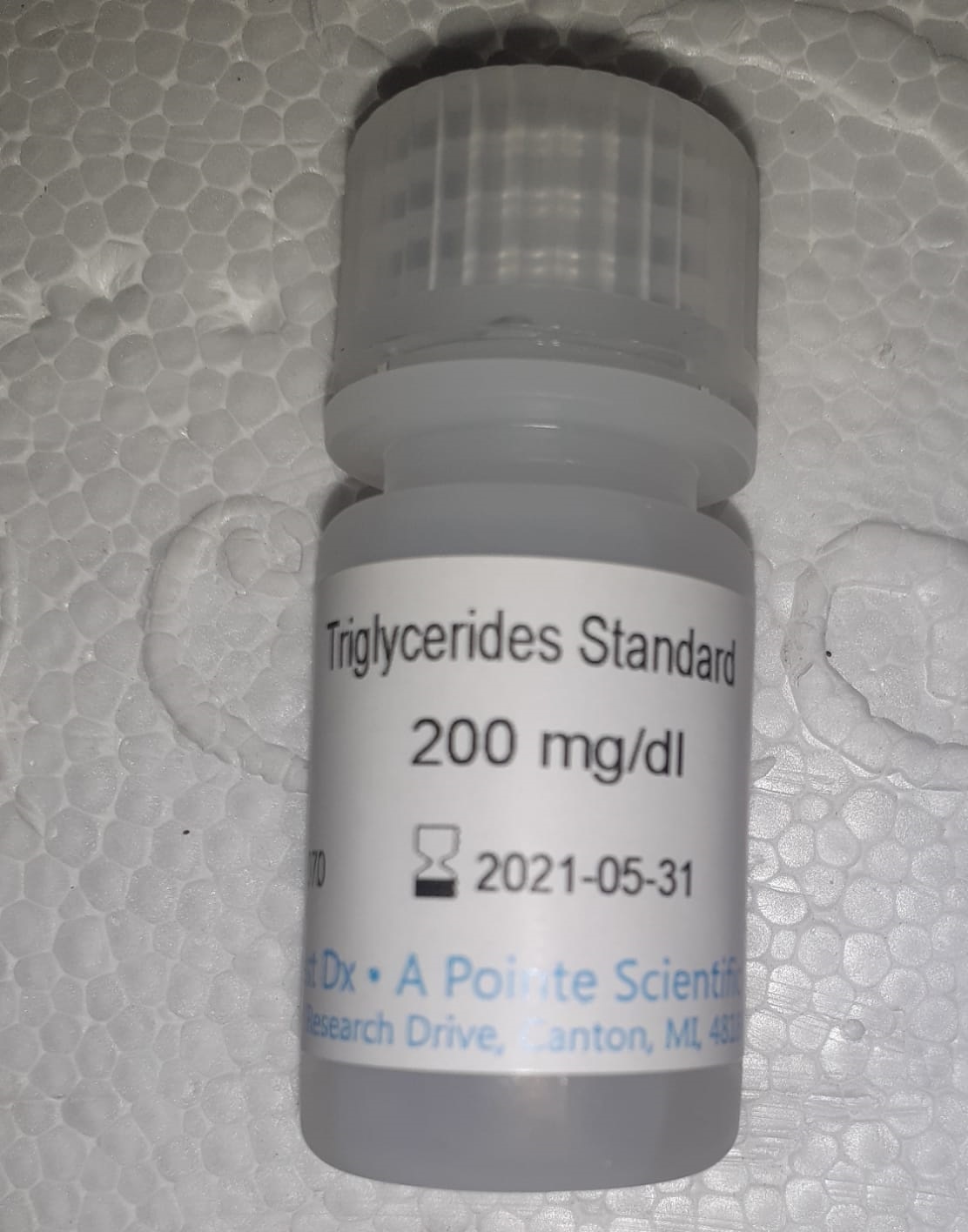
Artificial Antibody Mimics Primarily based on Most cancers-Concentrating on Immunostimulatory Peptides
De novo cancer-targeting immunostimulatory peptides have been designed and developed as synthetic antibody mimics. A selected trimeric peptide displayed binding on GRP78 + HepG2 and A549 aim cells with some extent of GRP78-binding dependence. Equally, the chosen trimeric peptide was moreover found to exhibit NK cell binding in an NKp30-dependent technique which translated into NK…
Read More